
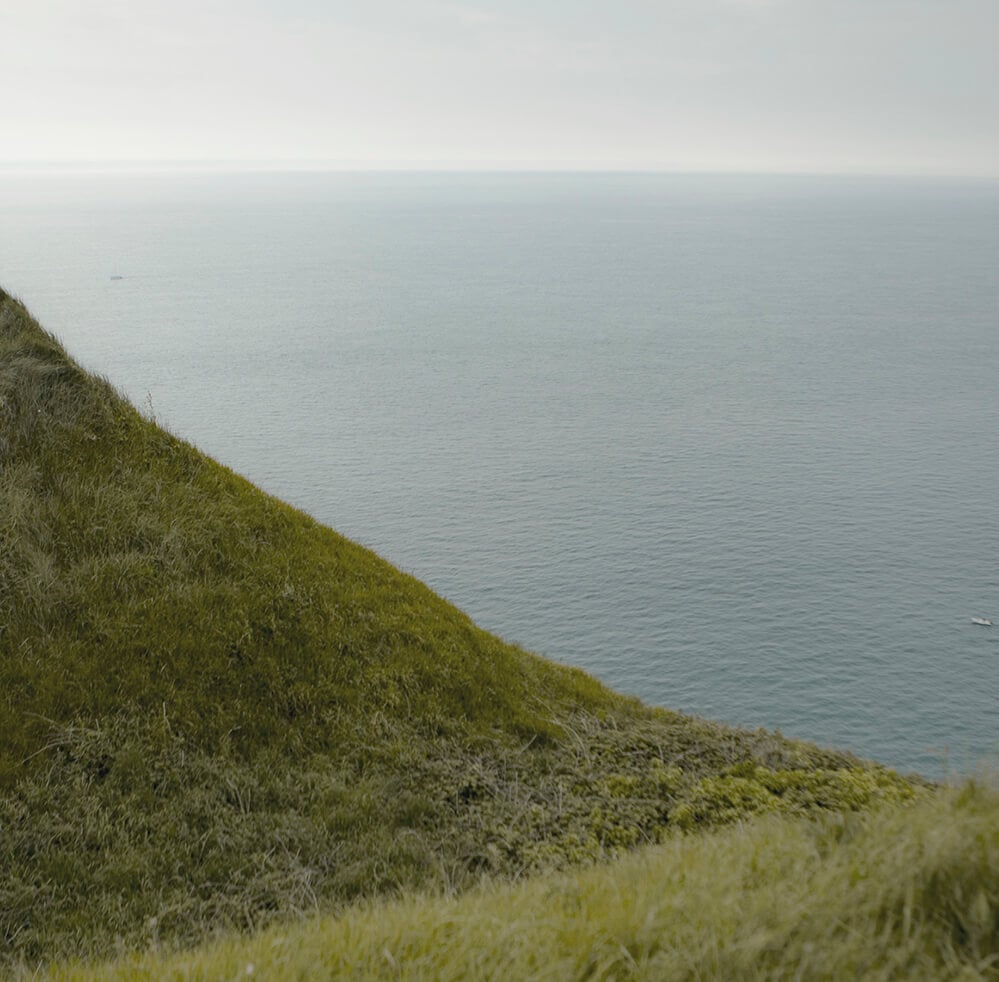
Our carbon footprint
the cornerstone of the “IKKS Acts Better” approach
find out more

Our starting point:
the carbon footprint
As THE priority of our “IKKS Acts Better” approach is to reduce our carbon emissions,
we carried out our first carbon footprint in 2019.
Why carry out a carbon footprint?
A carbon footprint is used to calculate all of a company's greenhouse gas (GHG) emissions. Having a precise idea of your carbon footprint makes it possible to highlight the priority actions to be deployed in order to reduce the impact of the company's activities on the environment.
Our aims
Reduce how much energy we use;
Find more ethical alternatives for the environment by gradually replacing our dependence on fossil fuels;
Create awareness among our teams and have them fully take part in the sustainable turn taken by the company.
If doing a carbon footprint is not an obligation for all companies, article L. 229-25 of the environment code stipulates that companies with more than 500 employees must carry out a greenhouse gas emission assessment every 4 years.
We will do our next carbon footprint in 2023.
The results of our carbon footprint
and the actions to be taken by 2025:
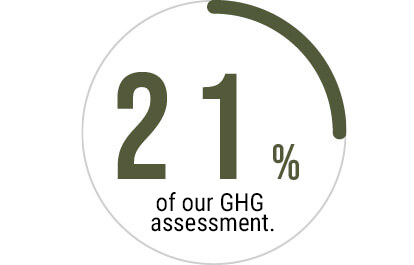
Virgin
polyester
Our aim:
eliminate virgin polyester by replacing it with recycled polyester and more ethical materials;
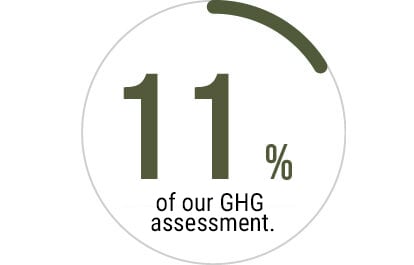
Conventional
cotton
Our aim:
replace conventional cotton with certified and traceable organic cotton.
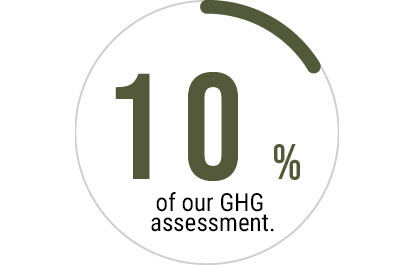
Conventional
wool
Our aim:
replace conventional wool with certified or recycled wool.
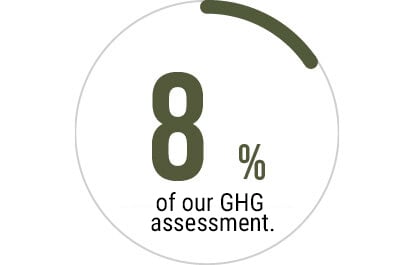
Freight
transport
Our aim:
reduce air transport as much as possible (15% by 2025) by giving preference to transport by land or sea.


By 2025,
our aim is
to reduce our
carbon impact
by 30% compared
to 2019.
IKKS signatory of the Fashion Pact
As we are convinced that in order to transform the fashion industry we need to combine forces and move in the same direction, IKKS signed the Fashion Pact in December 2021.
What is the
Fashion Pact?
The Fashion Pact is a series of measures that aim to reduce the environmental impact of the textile sector. It was presented on 23 August 2019 at the Élysée, then during the G7 to the Heads of State meeting in Biarritz on 26 August 2019.
Via a set out calendar and ethical practices, signatory companies commit to three main environmental objectives: slowing down global warming, respecting biodiversity and protecting the oceans.